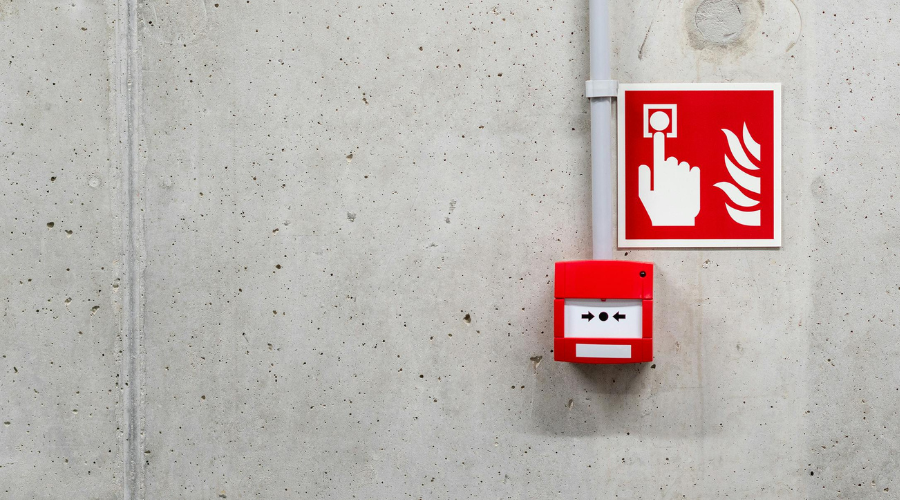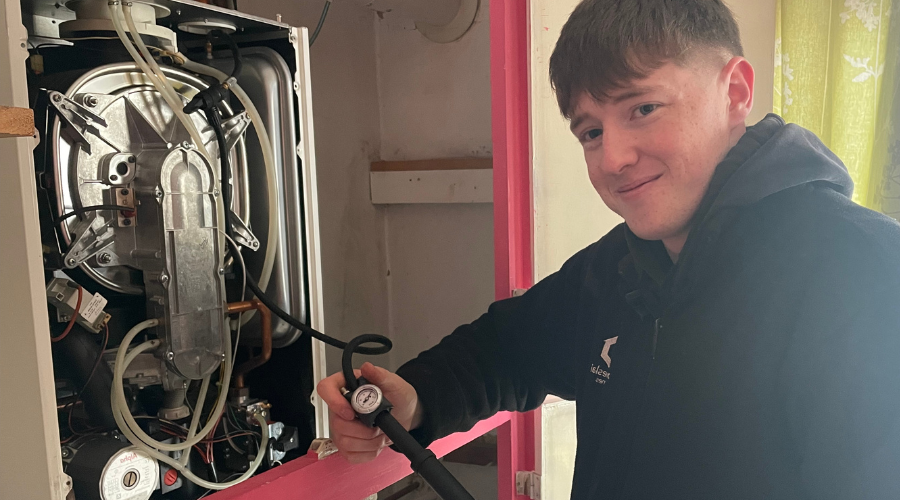Electrical safety
We have a legal obligation to make sure that the electrical installation in your property is safe. We carry out electrical testing every five years in our properties. We test the electrical equipment in communal areas each year.
Electrical safety checks
It’s recommended best practice that an Electrical Installation Condition Report (EICR) is carried out every five years.
The test can take between two to four hours to complete. We’ll check to make sure there’s no deterioration to cabling or to any switches or sockets. We’ll replace any broken accessories and repair any faults we may find, making sure your home is safe for continued use.
We’ll also check to see if your smoke alarms are present and in working order.
A letter will be sent to you confirming the date when your electrical safety check is due. If the appointment isn’t convenient, you must contact us as soon as possible so we can rearrange.
Missed appointments
It’s really important that you keep your electrical safety check appointment. If you fail to give us access to your home so that we can carry out the check, for example by missing your appointment or not giving us enough notice that you won’t be in, we’ll take all available steps to meet our legal obligations. This may involve taking formal and legal action against you so that we can gain access to your property. Any costs incurred from taking formal action will be charged to you.
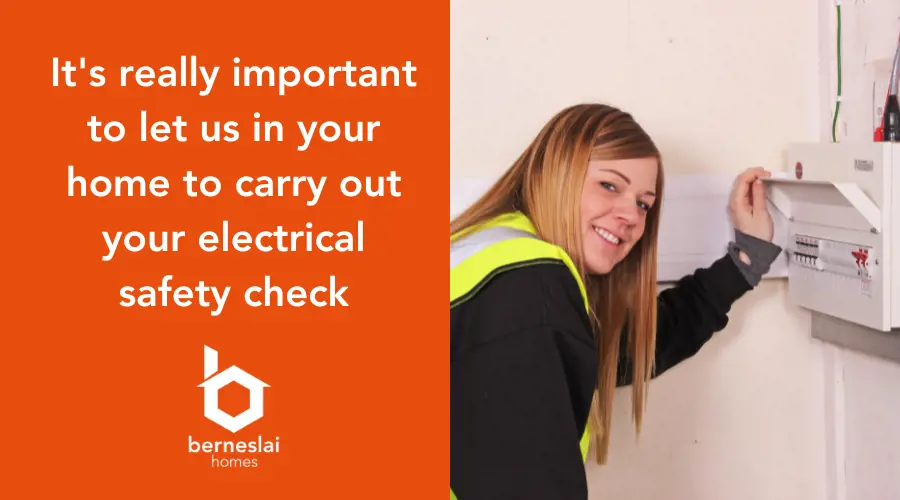
What should I do if there’s a power cut?
If only your home seems to be affected and not your neighbours, it might be that a faulty lightbulb or appliance has caused your power to trip off. You should check your trip box to find out.
If you can’t locate anything causing the electricity to trip off, and it isn’t a full power cut, you’ll need to report the fault to us so that we can send an electrician out to investigate.
If all your power is off and you think there’s a power cut, you can check online with Northern Powergrid (the local network operator).
You can also call 105* no matter who provides your electricity. It’s a free number and they will put you through to your local network operator.
During a power cut:
- Switch off all electrical appliances that shouldn’t be left unattended, ready for when the power comes back on
- Leave a light on so you know when the power outage has been resolved
- Check to see if your neighbours are okay
- Wrap up warm and fill a vacuum flask or hot water bottle
- Check Northern Powergrid’s website or social media channels for updates
Be prepared for a power cut before it happens:
- Keep a torch somewhere handy – it’s much safer than using candles
- Get a battery-powered or wind-up radio (useful for keeping up to date with local news)
- Keep a blanket and warm clothing handy
- Stock your cupboard with food and drink that doesn’t require electricity to prepare it
- Remember to keep your mobile phone and other devices charged with important contact details saved
Northern Powergrid and Northern Gas Network Priority Services Register
Power cuts or an interruption to your gas supply can cause worry, especially if you or someone you care for is vulnerable. You could benefit from joining the free Priority Services Register if you, or someone you care for:
- is medically dependent
- has a chronic or serious illness or mental health care needs
- has poor mobility or other disability
- is elderly or with young children
- has trouble communicating
They will give you extra support or advice in a power cut or interruption to your gas supply. To find out more about the service or to join, please visit the Northern Powergrid website here or the Northern Gas Network website here.
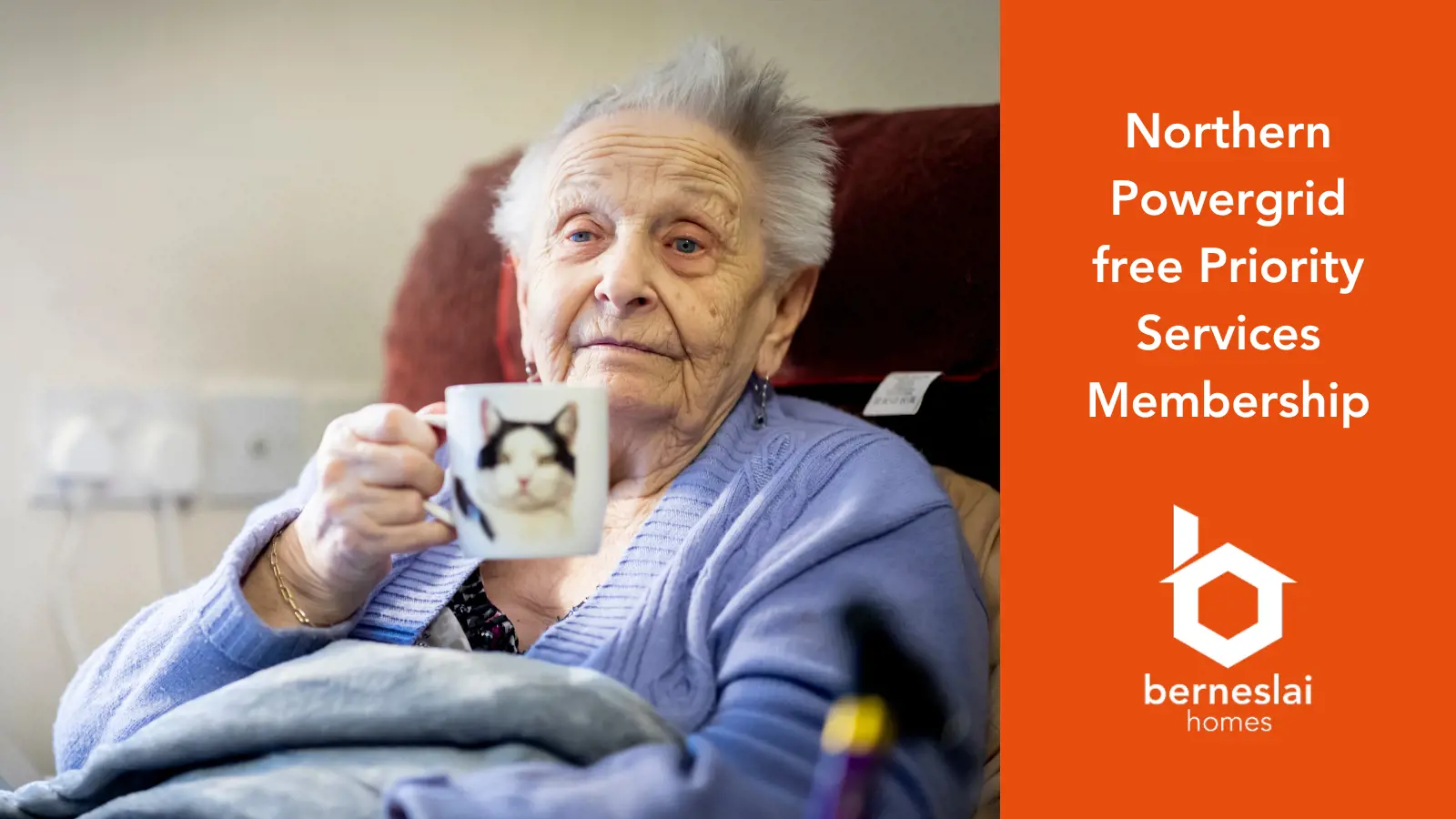
Top tips: keeping electrics safe at home
- Don’t overload your sockets and extension leads with lots of plugs
- Do visual checks and make sure your plugs, sockets, and wires are all in good condition
- Look for signs of dangerous or loose wires - things like scorch marks, hot plugs, and sockets and fuses that blow or trip
- Beware of dangerous electrical goods sold online – look for safety markings
- Don’t use the top of the microwave for storage
- Don’t take any mains powered items into the bathroom
- Remember that water and electricity are not friends – keep them away from each other
- Only use electrical gardening equipment outside when it’s dry
- If you’re using electrical heaters, make sure that they’re kept away from curtains and furniture fabrics, paper, and never use them to dry clothes
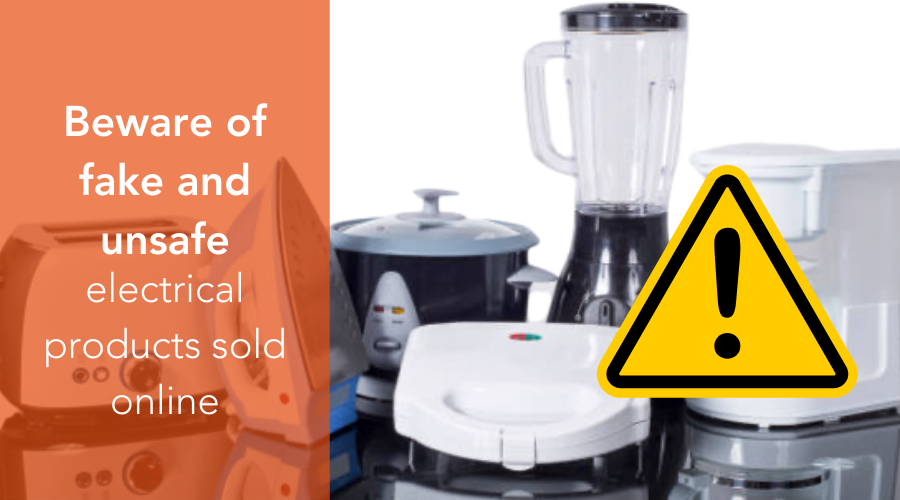
Beware of fake and unsafe electrical products sold online
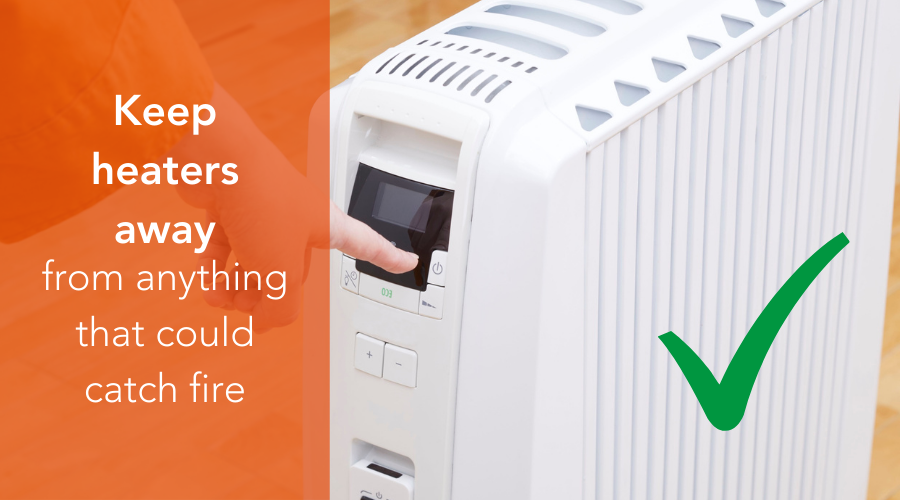
Keep heaters away from anything that could catch fire
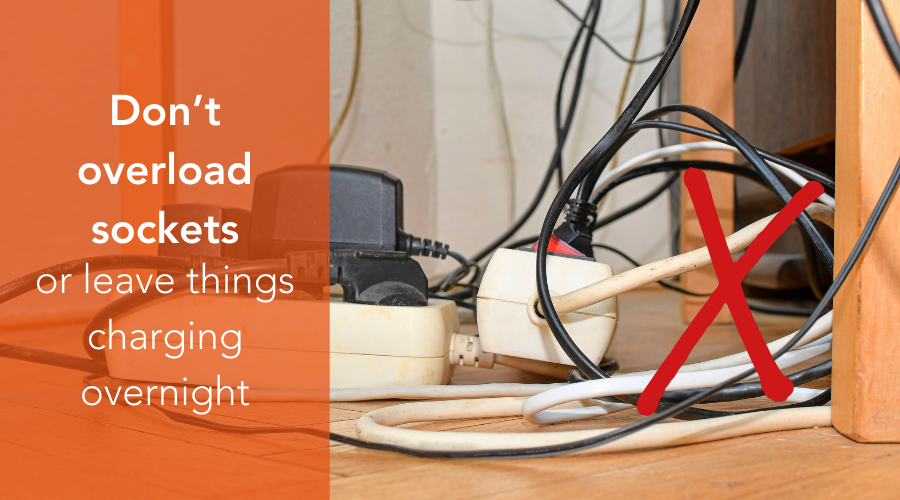
Don't overload your sockets
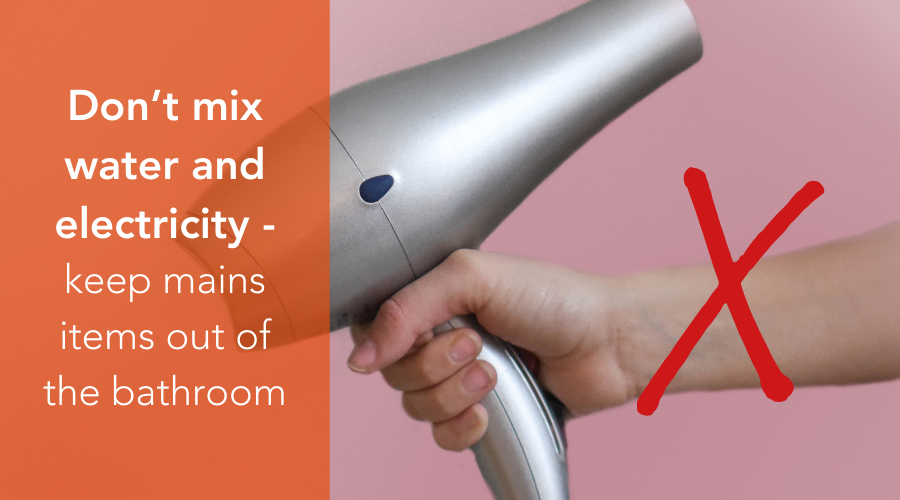
Water and electricity don't mix - keep mains items out of the bathroom
Don't be tempted to tamper
With energy prices sky high, one of the growing crimes in the UK is meter cheating. This is when a person tampers with a meter so it doesn’t record how much electricity or gas is being used, or tries to bypass the meter completely.
It’s very dangerous and causes injuries and death to many innocent people each year:
- Electric shock and severe burns to someone tampering with electrical equipment
- Exposed wires and connections that can overheat and catch fire
- Gas leaks that are highly flammable and can easily ignite causing fires and explosions
Please don’t ever be tempted to try and tamper with your gas or electricity meters. It puts you, your family, your neighbours, and others in danger. If you suspect a meter has been tampered with, please report it immediately. Visit the Stay Energy Safe website here.
If you’re worried now and struggling to pay your energy bills, our Tenants First Service can help and support you. Please get in touch as soon as possible.
Communal areas
We test all our electrical equipment in communal areas, from small stairways with just a few lights to our larger more complex sheltered communal areas, to make sure all our buildings are well maintained and safe for continued use.
Lifts
All the lifts in our buildings are serviced monthly and have a thorough inspection every six months.
